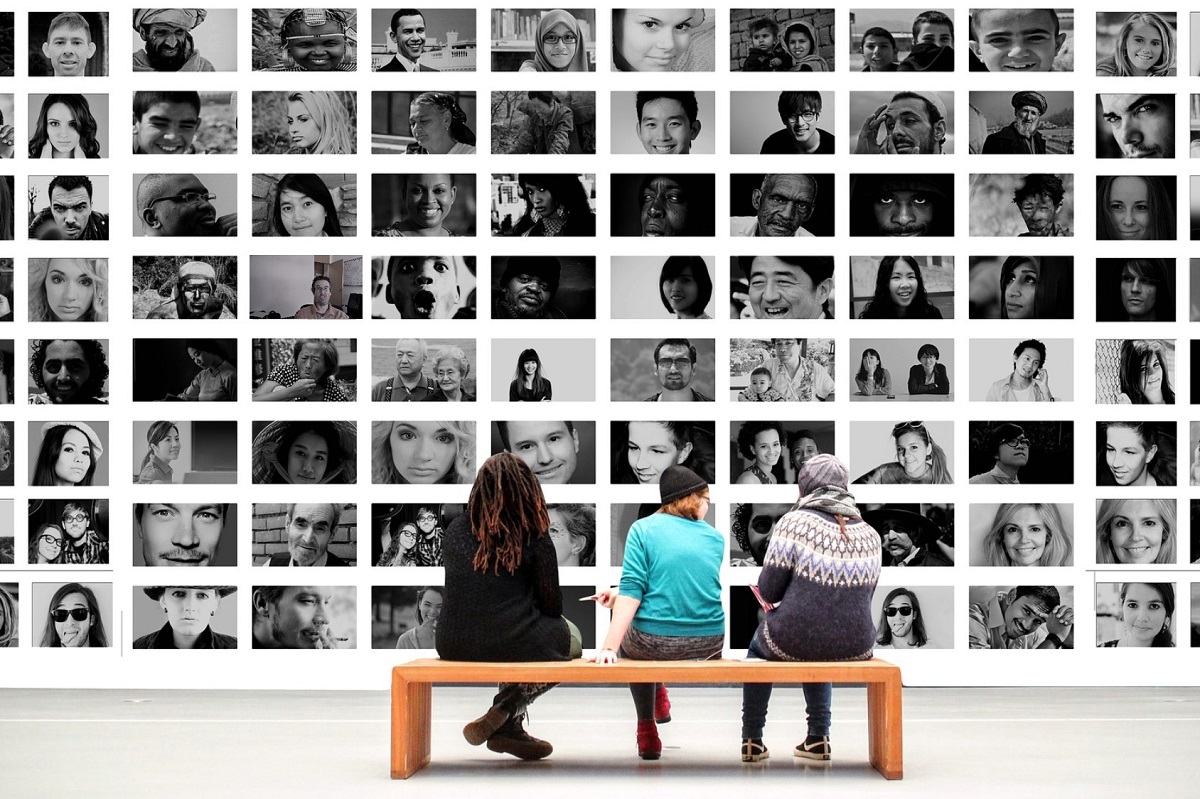
As part of the mental fitness series, I like to draw on published research to discuss ways that you might build different mental fitness skills, all with the ultimate goal of being better students, and once you leave university, better people in general. One of the skill areas I’ve spoken about is relationships.
Whether we like it or not, it is virtually impossible to go through life without developing and maintaining relationships with different people. Note that when I use the term “relationship” here I am not just referring to romantic relationships, but also friendships, family relationships, relationships with colleagues and informal acquaintances.
Without relationships, it is very hard to bring to life the dreams and goals we have.
I had been wondering what type of research to draw on in terms of making concrete suggestions about how to build and maintain relationships, because frankly I’ve always been at a bit of a loss when it comes to instructing people on this topic.
Fortuitously though I happened upon a fascinating paper in Perspectives on Psychological Science by Orehek, Forest and Barbaro. I was so taken by the paper, I tweeted Edward in a kinda fanboi-esque way. I knew I had to try and synthesise some of the ideas from the paper in a blog post.
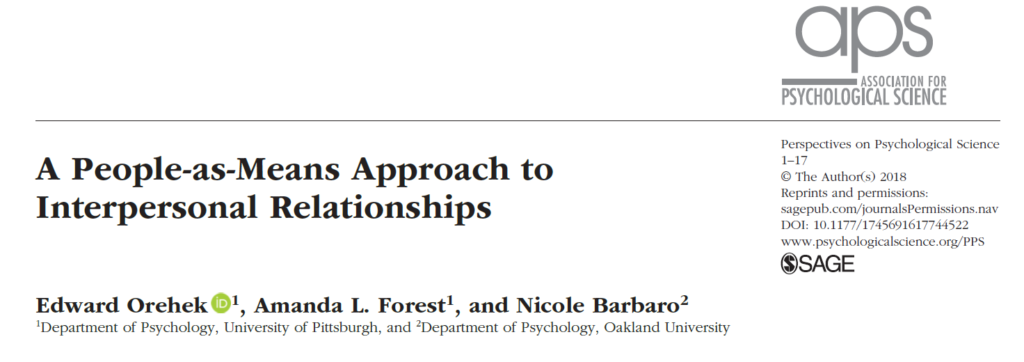
The authors make a relatively simple proposition: that the people in our lives serve as a means for us to achieve our goals. Keep in mind when I talk goals, I am talking about practical goals (e.g. getting a degree) but also psychological goals/needs (e.g. affection and understanding).
They do so by lending their knowledge, skills, resources, emotional support and encouragement to help us. For example, my boss helps me achieve my goals of being a science communicator by helping me get money from the university to support my role. My colleagues at the Australian Psychological Society SA Branch help me make a contribution to the field of psychology by supporting my membership of the committee.
Although simple on the surface, viewing ‘people-as-means’ leads to a number of interesting hypotheses and suggestions about how to build and maintain relationships. Lets examine a few of these in more detail.

1. Interpersonal relationships are shaped by the way we support each other’s goal pursuits
What are the factors that have created and destroyed relationships for you in the past?
Viewing ‘people-as-means’ is a simple but powerful lens through which to watch how different relationships formed and were maintained.
As you reflect on your life, you might be able to see how the different people in it helped you achieve the goals you had at the time. How that particular friendship helped you explore your “rebellious” side. How that teacher helped you finally understand science.
You might even be able to attach different goals in your life to the different people in your life.
Similarly, and very importantly, you can probably see what role you played in other people’s lives; the goals you helped them achieve.
You’ll also probably note that your relationships have shifted, as your goals and the goals of those in your life have shifted. People who at one point in your life were important to you because they helped you achieve a goal (e.g. a high school teacher), become much less relevant once you’ve left that setting (or achieved that goal).
In the opposite direction, perhaps a friendship that was once very close, shifted when the goals of the other person shifted (e.g. they moved away or started a long-term romantic relationship).
This doesn’t undermine the importance of them or you, merely that the status of your relationships at any point in time reflect how instrumental you both are in helping the other achieve their goals.

2. How much you ‘like’ someone is dependent on how instrumental they are to your goals AND how instrumental you are to theirs
On the surface this sounds a little cold and impersonal – that our evaluations of people are based on how helpful they will be in achieving our goals.
But once you consider that “goals” includes psychological things like closeness, laughter, understanding, as well as practical goals, the ‘person-as-means’ approach feels less robotic.
The feelings you have towards the bank manager that manages your mortgage and your best friend that makes you laugh are subjectively very different, but can be understood from the same framework.
Your feelings about someone are not just the result of how instrumental they are to your goals, but also how instrumental you are to their goals. We feel closer to those people whom we are able to help with their goals, as long as we can see that we are being helpful.
This approach also helps provide a softer explanation for feelings of unimportance or unfulfillment in a relationship. It may be simply that there is a mismatch or misunderstanding of mutual goals, as opposed to anything more sinister.
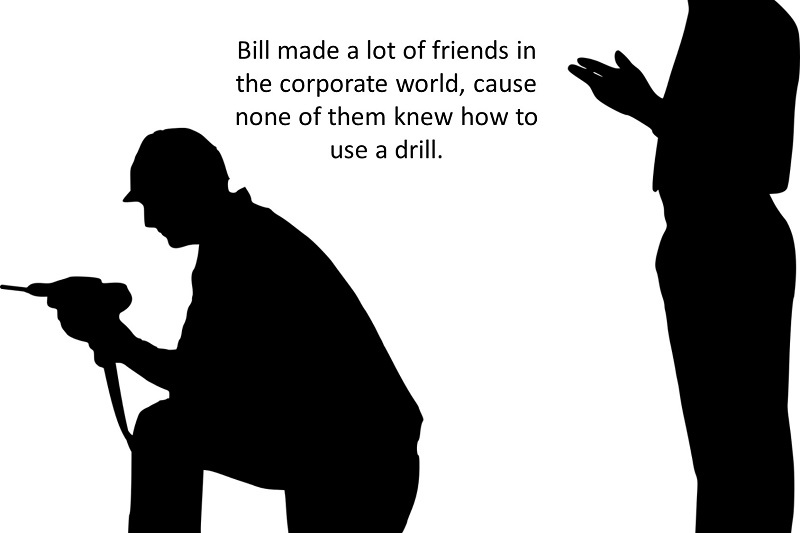
3. How to be someone with whom others may wish to start or maintain a relationship
The ‘people-as-means’ approach suggests a relatively simple rule for making yourself seem relationship worthy. Focus on understanding other people’s goals and try to be instrumental in helping them achieve them. Be mindful of friends’ shifts in goals, try to be relevant to the goals of the moment and shift your efforts dynamically.
If done well, this should make you more desirable as a potential or ongoing relationship, but also be good for your own sense of importance, esteem, competence, control, value and belonging.
There are some caveats to this though.
First, you will need to have the skills required to help the person achieve their goals. This might be easier to determine for concrete goals like helping a friend repair their car. However it might be harder to determine for psychological goals like helping someone manage a complex work bullying situation. The most fulfilling and successful relationships will form in places where you have the skills to help the person achieve their goals.
Second, you will need to have genuine motivation and desire to assist someone with their goals for it to work in the long-term. Helping someone achieve goals when you don’t really want to be doing so is a recipe for relationship rupture.
Third, helping someone with their goals is fine as long as you feel acknowledged and helpful. If you are putting in lots of effort to help someone, but seeing no benefit or appreciation, sustaining that effort will be difficult.
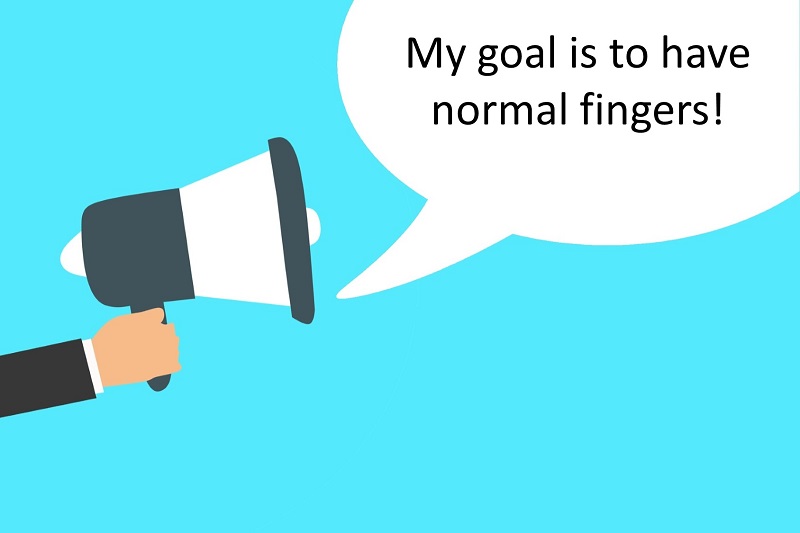
4. Draw people to you by clarifying and speaking your own goals
An interesting prediction of the ‘people-as-means’ approach is that if you have greater clarity about your own goals, and are more vocal about them, it should attract those people who are willing and able to help you achieve them. This is based on the idea that we derive our own sense of importance, esteem, competence, control, value and belonging by helping others achieve their goals. So give people a chance to help you with your own goals.
I can be notoriously tight-lipped about my own life, when I talk with friends. It took me years to realise that doing so wasn’t a kind gesture of “not talking too much about myself” but in fact was an alienating gesture because friends had no sense of what I was working towards and how they could help.
Now I’m not suggesting that you stand in a public place and yell out your goals, but I am suggesting that in interacting with people, you talk relatively freely about the things you are trying to achieve.
A brief warning: In the context of establishing new relationships, I suspect this approach would probably works better with more concrete goals (e.g. career goals), rather than more abstract psychological goals (e.g. increasing self-worth). I can imagine talking with someone about what I am trying to do with my career, but less so talking to a stranger about my unmet psychological needs. The former would probably draw people in. The latter could possibly drive people away.
Related to this, I think it is also important that you let people know when they have helped you with a goal. That helps them feel good about the assistance they’ve provided, and makes the relationship stronger.
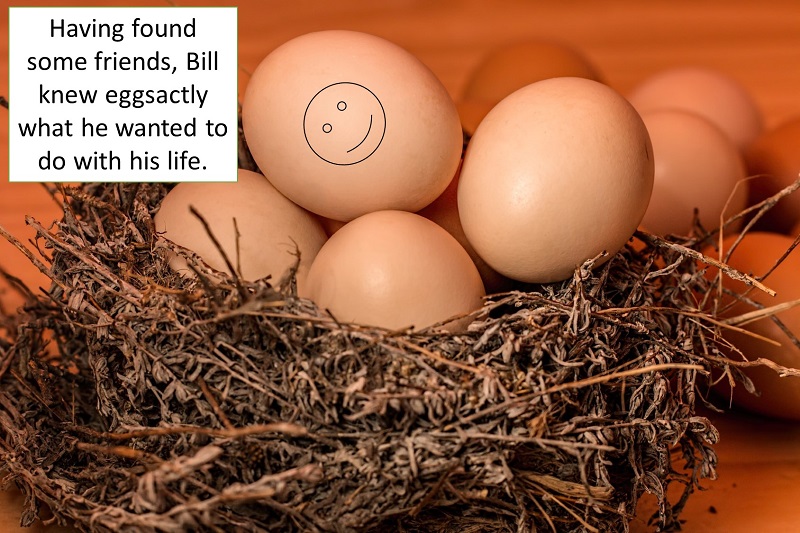
5. Meeting people may help clarify your own goals
One of the common suggestions for those who lack supportive relationships is to get involved in different social or interest groups: clubs, hobby groups, volunteering, sports clubs, etc. This increases your exposure to people and thus increases the likelihood of meeting like-minded compatible people.
A prediction of the ‘people-as-means’ approach is that by interacting with more people, it may help clarify your own goals and wishes. Goals can be ‘activated’ when you meet someone who might be instrumental in achieving them. Unmet goals or needs might be brought to the front of your mind by interacting with more people.
As someone who is quite goal oriented, I find this one fascinating, and also consistent with my experience. Joining the Australian Psychological Society SA Branch Committee, and interacting with the members regularly, fired up a whole range of goals I had about professional development for psychologists that I had long forgotten about.

6. Change how you feel about people you don’t really like
This is a pretty simple one, but potentially very powerful.
Helping others achieve their goals makes us feel closer to them, and them feel closer to us.
If there is someone you don’t really like in your workplace or study group, instead of plotting how you could run then over, instead think about their goals and how you might help them achieve them. It may just surprisingly be the start of a very unexpected friendship, or at the least, reduce tensions between you both.

7. Understand burnout
Burnout is a fairly complex topic and I don’t pretend to do it justice here.
But the ‘people-as-means’ approach does offer a potentially helpful angle to coping with burnout, which is the clarification of both your, and your employer’s goals. This enables both parties to feel more instrumental in meeting the needs of each other.
It may be that both parties are working hard to try to achieve goals that aren’t valid or appreciated, which quickly begins to erode the relationship.
Working without clear goals, either of your own, or your employer is incredibly tiring and unrewarding. In my short-lived academic career, it wasn’t until I set myself more clear goals in terms of what I wanted to write, that I felt happier and more content doing so.

8. The rarity of high quality relationships
The closest, most intimate and longest-lasting relationships are characterised by both individuals being instrumental in helping the other achieve a) many goals, b) the most important goals and c) the types of goals that are never fully satiated (e.g. feeling understood). Such relationships are rare.
To protect such relationships:
- focus on helping the person achieve goals that are never likely to be fully satiated (e.g. feeling respected and loved)
- provide multiple opportunities for the person to be instrumental in helping you achieve your most important goals
- prevent yourself from becoming instrumental in achieving the goals of alternative partners (i.e. distract yourself from helping alternative partners)
- prevent alternative partners becoming instrumental in helping you achieve your goals (i.e. limit the expression of your goals with other potential partners)
- engage in novel exciting activities in existing relationship to help generate new shared goals
- prevent rivals from becoming instrumental to your partners goals (i.e. outperform them, or devalue them)

9. Not all relationships need to be ‘complete’
This is a quick one.
Functional and rewarding relationships can arise out of a very basic goal support exchange. For example a tennis coach helps you achieve your goal of being better at tennis. You help them achieve their goal of making a living teaching tennis. This is a stable and workable arrangement. There is no need for all relationships to involve complex goal support exchange.
In fact, the ability to form relationships around very specific goal exchanges means you can search for people who are the most appropriate person to help you achieve your goals. It is why I recommend people get mentors. The mentor-mentee relationship is a very targeted but valuable relationships focusing on helping the mentee clarify their life/work direction.

10. Why physical proximity breeds relationships
Also a quick one 🙂
We know that relationships are more likely to form between those in close proximity – e.g. people who work together. The proximity effect.
The ‘people-as-means’ approach understands this in relation to greater opportunities for people in proximity to have a) shared goals, b) be able to assist each in achieving each other’s goals, c) greater awareness of the other’s goals, and d) more opportunities for each person to share their goals.
This is further support for the idea that if you want to establish new relationships, joining groups where there is regular and repeated contact is likely your best bet.
Reflections/ final thoughts
Phew! – thats a long article. And I am not even sure I have scratched the surface of some of the implications of the ‘people-as-means’ approach to thinking about relationships.
I would like to clarify my intentions in writing this piece.
Difficulties in establishing and maintaining friendships and relationships is a common reason people present for counselling and therapy. They are lonely and isolated and unhappy.
The challenge can be that they get stuck in a self-fulfilling cycle.
They try to make friends –> their unhappiness deters people –> they feel rejected and lonely –> their unhappiness deters new relationships –> and on it goes.
The ‘people-as-means’ approach to thinking about relationships might give people caught in this loop a few simple strategies to use when trying to build relationships.
- Be mindful of others’ goals – ask about them if necessary.
- Try to help others achieve their goals.
- Be open and talk about your own goals (although I would restrict this to concrete goals in early stages of relationship development).
The other reason I wrote this piece, is that the ‘people-as-means’ approach to understanding relationships resonates strongly with my experiences of relationships over the years.
It helps explain why some friendships I had fell apart once the mutual goals were not present. I feel less critical of myself or the other person, having realised it may have just been a shift in goals that ended the friendship, rather than anything more sinister.
It has also helped me understand how I build work relationships by focusing on how I can help others achieve their goals. I have been doing this automatically for many years, but reading this paper helped me understand better the strategy that I use.
If the concepts in this blog post resonate with you, I recommend reading the original paper. I’d love to hear if you find the paper equally fascinating, or whether it didn’t really resonate with you at all.

